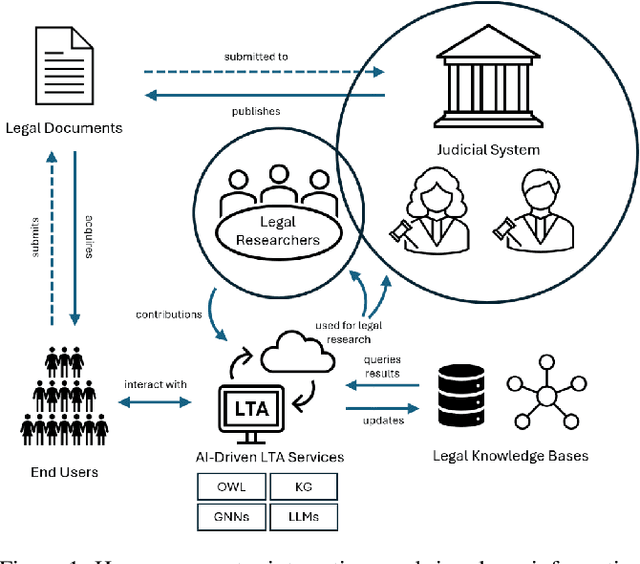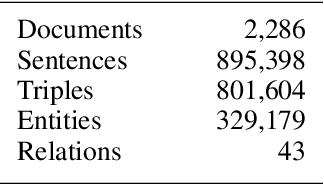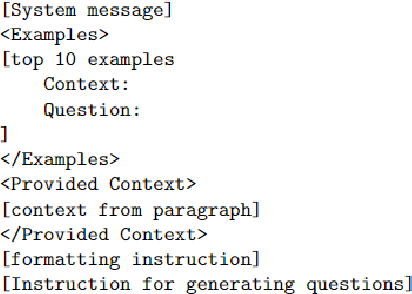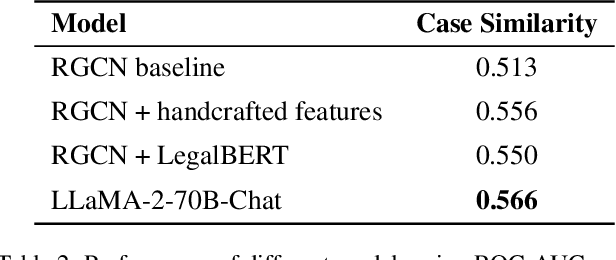Devanshu Verma
Human Centered AI for Indian Legal Text Analytics
Mar 16, 2024



Abstract:Legal research is a crucial task in the practice of law. It requires intense human effort and intellectual prudence to research a legal case and prepare arguments. Recent boom in generative AI has not translated to proportionate rise in impactful legal applications, because of low trustworthiness and and the scarcity of specialized datasets for training Large Language Models (LLMs). This position paper explores the potential of LLMs within Legal Text Analytics (LTA), highlighting specific areas where the integration of human expertise can significantly enhance their performance to match that of experts. We introduce a novel dataset and describe a human centered, compound AI system that principally incorporates human inputs for performing LTA tasks with LLMs.
Deep dive into language traits of AI-generated Abstracts
Dec 17, 2023Abstract:Generative language models, such as ChatGPT, have garnered attention for their ability to generate human-like writing in various fields, including academic research. The rapid proliferation of generated texts has bolstered the need for automatic identification to uphold transparency and trust in the information. However, these generated texts closely resemble human writing and often have subtle differences in the grammatical structure, tones, and patterns, which makes systematic scrutinization challenging. In this work, we attempt to detect the Abstracts generated by ChatGPT, which are much shorter in length and bounded. We extract the texts semantic and lexical properties and observe that traditional machine learning models can confidently detect these Abstracts.
 Add to Chrome
Add to Chrome Add to Firefox
Add to Firefox Add to Edge
Add to Edge